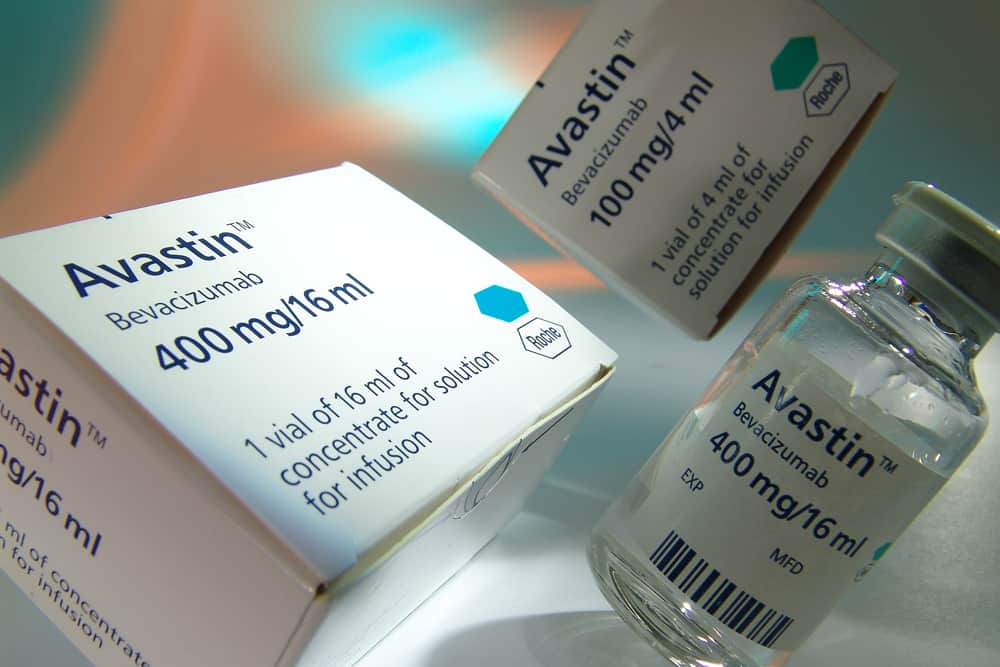
FDA pulls Roche’s Avastin for breast cancer
pharmafile | November 21, 2011 | News story | Research and Development, Sales and Marketing | FDA, Roche, avastin
The FDA has pulled Avastin’s breast cancer licence in the US after the drug failed to prove its safety and efficacy for this indication.
It has revoked Roche’s Avastin (bevacizumab), in combination with chemotherapy agent paclitaxel, for chemotherapy naïve, HER2 negative metastatic breast cancer patients.
FDA commissioner Margaret Hamburg said: “This was a difficult decision. After reviewing the available studies it is clear that women who take Avastin for metastatic breast cancer risk potentially life-threatening side effects without proof that the use of Avastin will provide a benefit, in terms of delay in tumor growth, that would justify those risks.
“Nor is there evidence that use of Avastin will either help them live longer or improve their quality of life.”
The FDA said Avastin’s risks include: severe high blood pressure; bleeding and hemorrhaging; heart attack or heart failure; and the development of perforations in different parts of the body such as the nose, stomach, and intestines.
The decision does not impact Avastin’s other licences in the US, which includes colorectal cancer, or Avastin’s breast cancer licences in other countries.
The drug is currently the biggest selling cancer treatment in the world, making $6.5 billion last year, but is expected to lose $1 billion from this due to the FDA’s decision.
But Roche is already looking to offset this loss with new licence for Avastin in ovarian cancer, which analysts believe could bring in around $1 billion in peak annual sales.
18-month battle
Avastin was approved by the FDA in 2008 under an accelerated approval process. As a result Roche had to conduct a two-year follow up study, but this failed to prove a positive risk-benefit ratio in July last year.
Given this data and the drug’s $50,000 price tag, the FDA wanted to pull the drug’s breast cancer licence immediately, but Roche challenged the decision, leading to a two-day debate in July this year.
Despite the emotional pleas at the debate, this week’s verdict on the drug shows it was not enough did not convince the FDA, and Roche’s 18-month fight to keep the drug on the US market has failed.
The US regulator’s decision is at odds with its European counterpart the EMA, which restricted Avastin’s use with just one form of chemotherapy in Europe, saying that it believed Avastin could still be beneficial in this setting.
This decision is not the first time the FDA has restricted the use of a cancer drug. In 2005, the regulator restricted use of AstraZeneca’s lung cancer treatment Iressa after follow-up studies showed the drug did not help patients live longer.
New breast cancer biomarker
Hal Barron, chief medical officer and head of global product development said he was disappointed by the decision, but added that Roche would begin a new study of the drug to find a new breast cancer biomarker.
Barron said: “Despite [the FDA’s] action, we will start a new Phase III study of Avastin in combination with paclitaxel in previously untreated metastatic breast cancer and will evaluate a potential biomarker that may help identify which people might derive a more substantial benefit from Avastin.”
The study will weigh whether higher levels of a protein in the blood known as VEGF-A might improve the results with Avastin.
Ben Adams
Related Content

GSK’s Jemperli accepted for FDA review for endometrial cancer treatment
GSK has announced that the US Food and Drug Administration (FDA) has accepted its supplemental …

FDA approves ImmunityBio’s Anktiva bladder cancer treatment
ImmunityBio has announced that the US Food and Drug Administration (FDA) has approved Anktiva (N-803, …

Roche’s Alecensa approved by FDA as lung cancer treatment
Roche has announced that the US Food and Drug Administration (FDA) has approved Alecensa (alectinib) …






